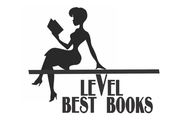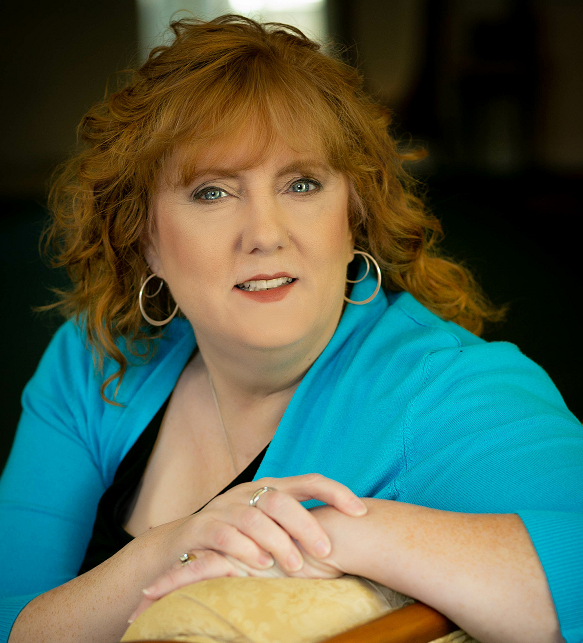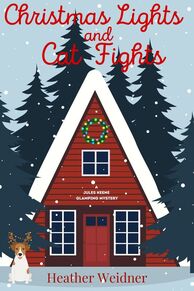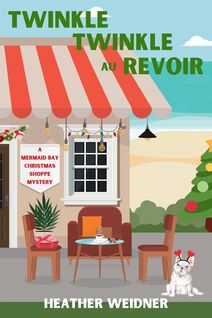|
By DonnaRae Menard The writing process is filled with stress. I don’t believe it matters if it’s a hundred-thousand-word manuscript, a short story, or a blog. No matter how easily words flow from your mind through your fingers to the page, second guessing is inherent. Will the reader understand your plot, or the emotion? Will they care? Are you true to the story line?
In my mind, the easy part is writing the story. The difficult stage is editing. Beta readers asking why? Copy editors slicing and dicing. Got an agent? Well, they have an opinion. Publishers are waiting, red pen in hand. As soon as you blink, they’re on you. What comes next are re-writes, adjustments, updates. Your precious creation. Your baby is about to undergo a healthy dose of Botox. My writing style is behind curtain #3. I am a plodder. I get started, put down everything regardless of order, and when I’m finished, I get busy. Each segment is its own small, stapled bit. I lay it out on the table, shuffle the cards to create order, and then look at the book. Do I like it? Yes. No. Why? Reshuffle, new read. Now, I’m talking to my pre-beta people. There’s a lot of nodding, a couple of what are you talking about, and then I’m ready for production. Finally, I’m face-to-face with the finished piece, complete with cover, and a marketing plan. Pardon me if I giggle hysterically. Where was I? Oh, yes, marketing. When working with a publishing house, they have a plan, but be aware, a lot of it is still in the writer’s lap. Self-publishing? Developing a marketing plan is as stressful as writing the book. Is there another option? Why, yes, there is! I call it seat-of-my-pants. Somewhere during the writing process, I’m already keyed up and telling people about the book. I’ve been told not to do this, but it happens. When I have the first copy in hand, the fun part begins. I’m telling everybody, anyway that I can think of. I love talking about the stories. It’s not so much bragging, as wanting people to read and enjoy. I’ve just never figured out that my joy might not be theirs. I love doing cold calls. I’ll talk to anybody, go to any group that will have me. Case in point. Local church group wanted a woman entrepreneur. They might have been surprised I wasn’t writing Christian, but they were polite. During my spiel, I got invited to a neighborhood book club. Tiny, but engaging. Lovely home, husband walked in, we chatted, he laughed at my energy, asked me if I’d like to do a couple of minutes on local access TV. Wonderland, right? I showed up for the segment, found out it was going to be thirty minutes, not the ten I expected, and, are you ready? It was going to be me and the camera. Also, not expected. I explained I wasn’t good with that and was nervous. He pointed; I sat behind the desk. He sat off to the side and asked, ‘So, when you do a cold call, how does it go?’ Twenty-eight minutes later, the lights came on, the guy held up his hand, and said, “Okay, that’s a wrap!” Bingo, we were done, and his part ended up on the floor, so to speak. DonnaRae Menard began writing in junior high school and has been scribbling since. She is the author of the An It's Never Too Late Mystery series. A 1970's suspense featuring Katelyn Took and 17 cats. The Woman Warrior's series, historical fiction, The Waif and The Warlord, fantasy, Detective Carmine Mansuer series, set in Boston, Mass. Dropped from the Sky, It takes Guts, Willa the Wisp, and several short stories. She splits her time between Vermont and New Hampshire, has an affinity for odd jobs, and rescued cats. Check out her website donnaraemenardbooks.com. Find her on Facebook.
0 Comments
By Heather Weidner  Writing is a business. You, as a writer, need to treat your work that way. Also, writers need to understand that publishing is a business. Book stores get hundreds of requests for signings. They have to outlay time and money for events for staffing, stocking books, and promotion. Many are choosy or reluctant to host unknown authors. Some will not host authors whose unsold books are not returnable. Find ways to sell your proposed signing (e.g. book talk on a subject that their shoppers would be interested in, providing a group of authors who can bring readers to the store, a marketing campaign for publicizing the event). Find out if they will let you provide the books on consignment. Agents, editors, and publishers sign authors that they think they can sell their work. Sometimes, it’s not your writing. It could be that the topic/subject has been done before, and it will be hard to sell in your genre. Do your research of what is out there before you write the next bookshop or knitting mystery. Publishers are looking several years ahead to fill their slots, and there are not a lot of openings on the dockets. It takes months/years sometimes for a book to be published traditionally. Make your manuscript the best it can be before you start querying. Always be professional. It sounds like a no-brainer, but you want to be easy to work with. People tend to avoid the whiners, divas, and complainers. Make sure that you are polished and that your marketing materials look professional.
Writing is a tough business. Everyone has feedback, and there are a lot of rejections. But there are things you can do to be prepared. Professionalism is key. Through the years, Heather Weidner has been a cop’s kid, technical writer, editor, college professor, software tester, and IT manager. She writes the Delanie Fitzgerald Mysteries, The Jules Keene Glamping Mysteries, and The Mermaid Bay Christmas Shoppe Mysteries.She is a member of Sisters in Crime – Central Virginia, Sisters in Crime – Chessie, Guppies, International Thriller Writers, and James River Writers.
Originally from Virginia Beach, Heather has been a mystery fan since Scooby-Doo and Nancy Drew. She lives in Central Virginia with her husband and a pair of Jack Russell terriers. |
Level Best AuthorsMusings from our Amazing Group of Authors Archives
July 2024
Categories
All
|
Level Best Books18100 Windsor Hill Rd
Olney MD 20832 |






 RSS Feed
RSS Feed